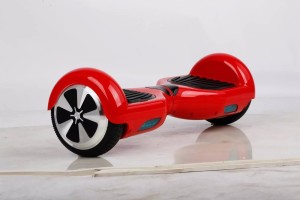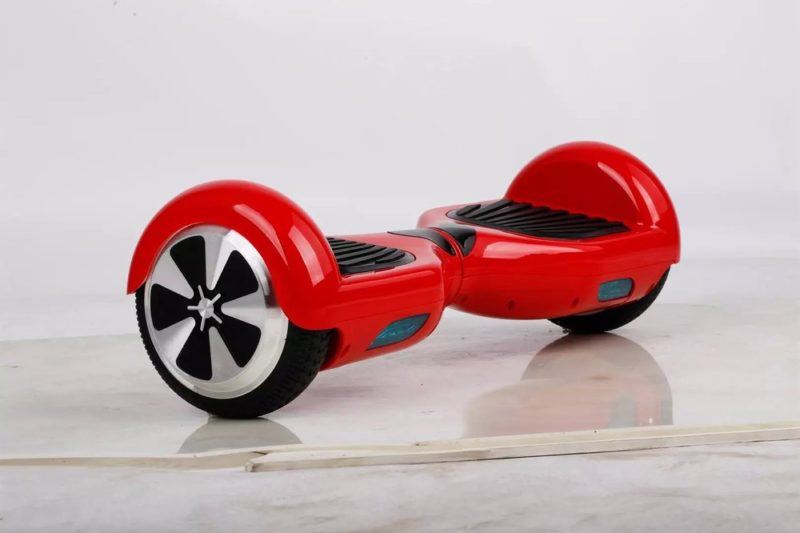 Philippine Airlines and Cebu Pacific Air have prohibited hoverboards and other similar battery-operated personal transportation vehicles on board their aircraft to ensure passenger and crew safety.
Philippine Airlines and Cebu Pacific Air have prohibited hoverboards and other similar battery-operated personal transportation vehicles on board their aircraft to ensure passenger and crew safety.
Hoverboards are motorized two-wheeled self-balancing boards powered by large lithium batteries.
The International Air Transport Association said lithium batteries, though widely used, are dangerous if not prepared according to transport regulations.
Effective April 1, 2016, the International Civil Aviation Organization will require that lithium ion batteries for transport as cargo should be no more than 30% charged. Lithium ion batteries and lithium metal batteries will also be restricted to no more than one package per consignment.
In a travel advisory, Cebu Pacific said the ban is due to the hoverboards’ use of high-powered lithium-ion batteries, “which have been widely reported to have a tendency to overheat or spontaneously ignite.”
It added, “These devices pose a fire hazard risk and are deemed unsafe for transport especially in aircraft’s pressurized cabin and cargo stowage spaces.”
For this reason as well, Cebu Pacific said hoverboards of passengers will also not be accepted for storage at its airport and ticket offices.
“We sincerely hope for our guests’ understanding, as everyone’s safety remains our priority,” Cebu Pacific said.
PAL, for its part, said it “joins other air carriers in banning the carriage of lithium ion-powered small motor devices as carry on, check in and cargo shipment.”
PAL spokesperson Maria Cielo Villanueva said the ban “stems from the risk of the device overheating, exploding and catching fire.”
According to PAL, other airlines that have banned the carriage of hoverboards and similar devices include Cathay Pacific and Dragon Air, Emirates, Alaska Airlines, Delta Airlines, Etihad Airlines, China Airlines, Malaysian Airlines and British Airways.





